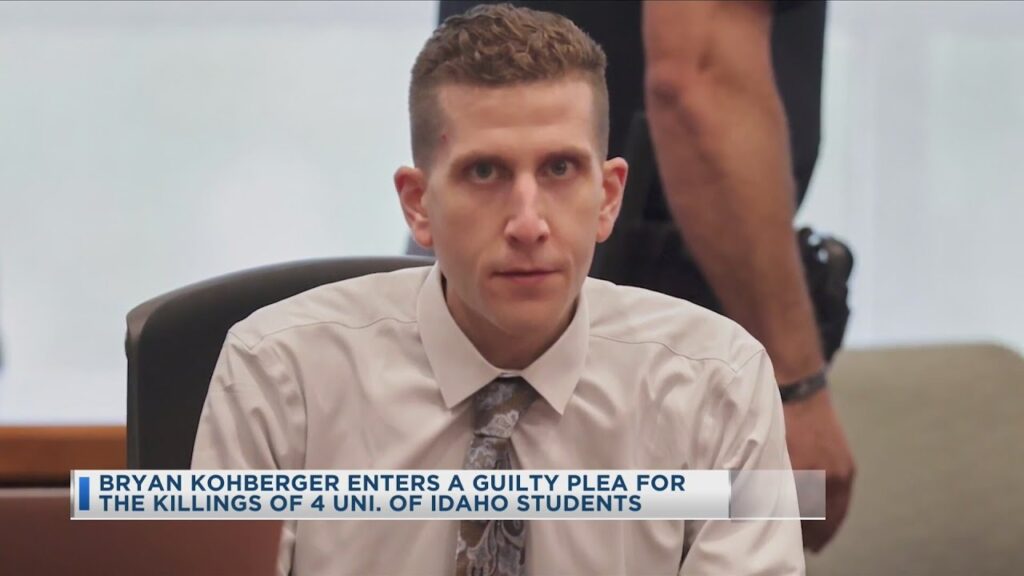
Introduction
The ongoing legal saga surrounding Bryan Kohberger, who is accused of the tragic murders of four University of Idaho students, has captured national interest and raised important questions about the criminal justice system. As the trial approaches, many are seeking to understand the complexities of the case, its implications for future legal proceedings, and the broader discourse surrounding crime and punishment.
Details of the Case
Bryan Kohberger, a 28-year-old PhD student in criminology at Washington State University, was arrested in December 2022 following a lengthy investigation into the deaths of Kaylee Goncalves, Madison Mogen, Xana Kernodle, and Ethan Chapin. According to law enforcement, Kohberger’s DNA was found at the crime scene, which, alongside other circumstantial evidence, led to his indictment. He faces four counts of first-degree murder and a count of burglary.
Since his arrest, Kohberger’s case has seen numerous developments, including recent motions filed by his defense team. In mid-October 2023, Kohberger’s attorneys requested a change of venue, arguing that pre-trial publicity could affect the impartiality of the jury. They also sought to dismiss some evidence gathered by law enforcement, claiming procedural errors. The court has yet to rule on these motions, making the legal landscape increasingly contentious.
Public Reaction and Media Coverage
The Kohberger case has sparked a nationwide conversation about crime, mental health, and the role of the media in high-profile cases. Public sentiment is mixed, with some expressing a desire for justice for the victims while others call for caution, emphasizing the principle of ‘innocent until proven guilty.’ The intense scrutiny surrounding this case has also reignited discussions about the effectiveness of law enforcement investigations and the importance of safeguarding defendants’ rights.
Conclusion
As the trial date approaches in early 2024, the Kohberger case continues to highlight the complexities of the American legal system and the societal impacts of violent crime. The outcome of this trial could set important precedents for future cases involving similar circumstances. Observers are keenly interested in how the legal arguments unfold, the court’s responses to the defense’s motions, and how public opinion continues to shape the narrative surrounding this tragedy.
For readers, staying informed about the developments in the Kohberger case can provide insights into broader issues of justice and its implications in society. It will be important to monitor how this case progresses and what it reveals about our legal system and societal reactions to crime.



